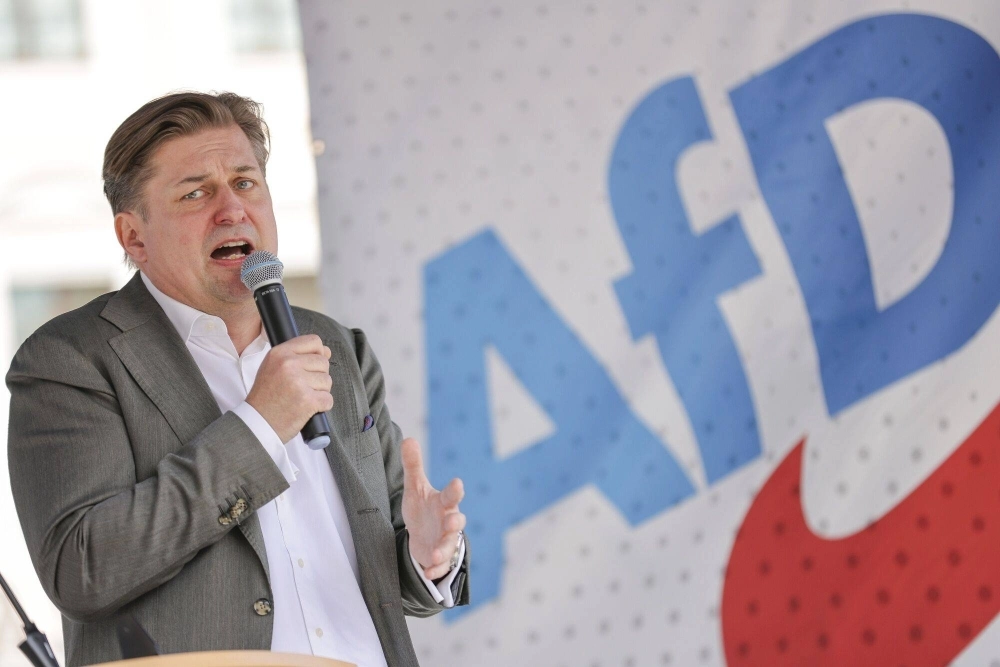Infighting among some of Europe’s largest far-right parties has thrown pre-election campaigning into turmoil, threatening to spoil a parliamentary vote that was supposed to see ultra-conservative groups win major gains.
Marine Le Pen on Wednesday said her far-right National Rally would break ties with the Alternative for Germany after the AfD’s lead candidate said that not all members of the Nazi SS paramilitary organization were criminals.
The last-minute rupture underscores one of the traditional problems faced by these parties — the fact that they don’t form a cohesive bloc and their many differences may outweigh their commonalities. This makes it even less likely a rightwing group will be able to emerge from the June 6-9 European election with enough leverage to further a conservative agenda.


















With your current subscription plan you can comment on stories. However, before writing your first comment, please create a display name in the Profile section of your subscriber account page.